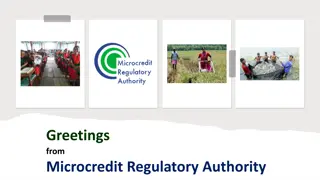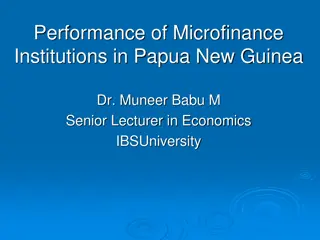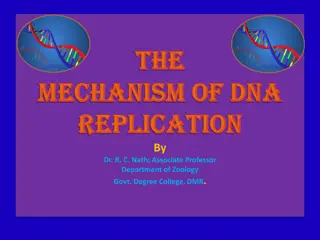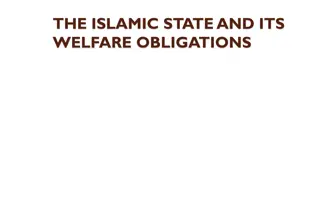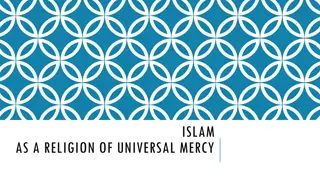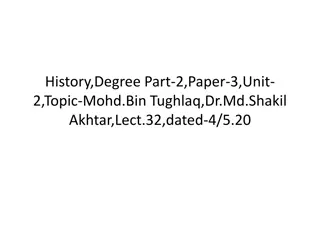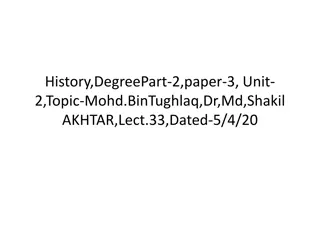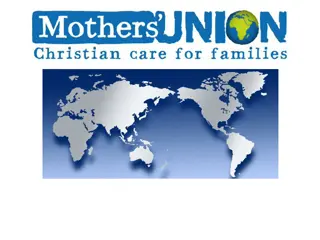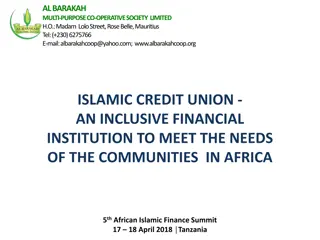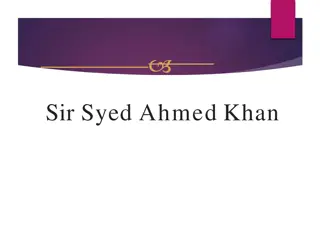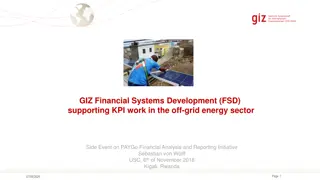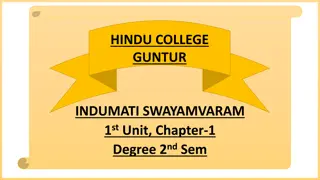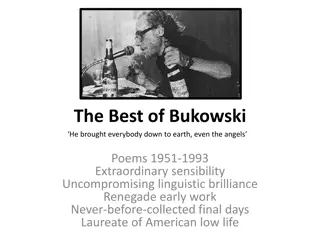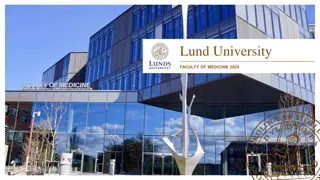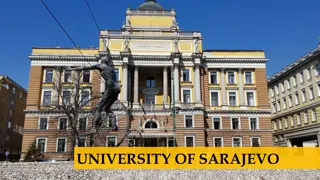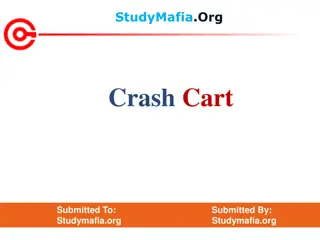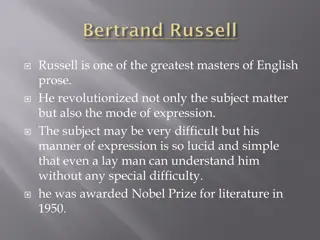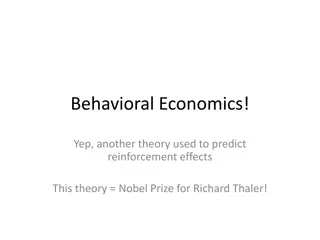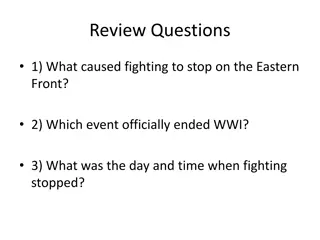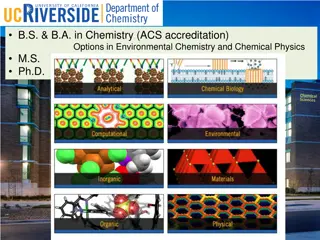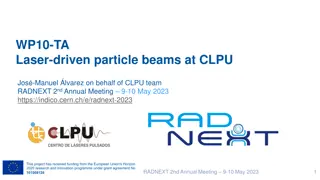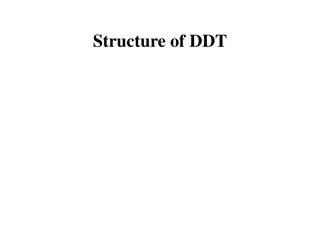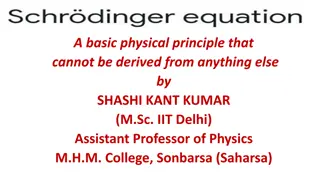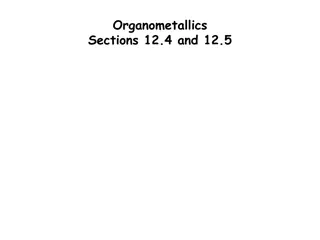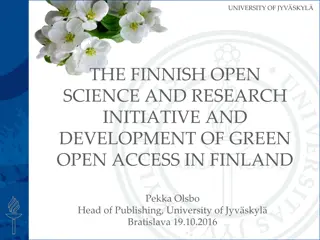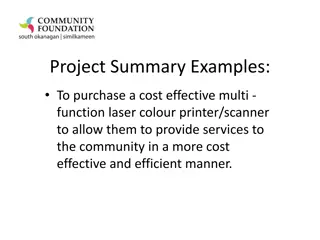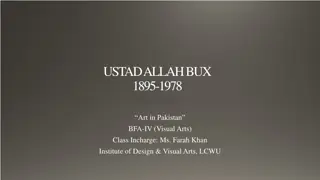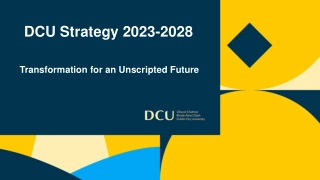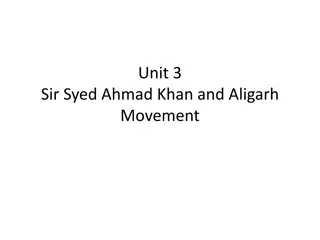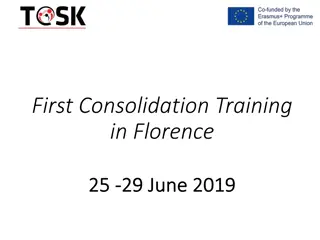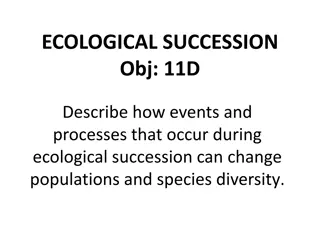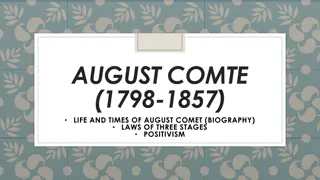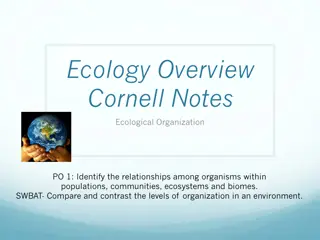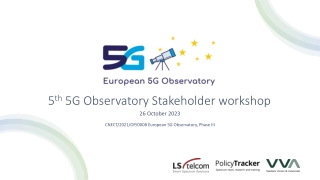Biography of Muhammad Yunus: Nobel Laureate and Microfinance Pioneer
Muhammad Yunus, born in 1940 in Bangladesh, is a renowned banker, author, and economist known for his pioneering work in microfinance. His efforts led to the establishment of Grameen Bank and earned him the Nobel Peace Prize in 2006. Yunus's journey from academia to poverty reduction initiatives in Bangladesh showcases his commitment to social change and economic development.
Download Presentation

Please find below an Image/Link to download the presentation.
The content on the website is provided AS IS for your information and personal use only. It may not be sold, licensed, or shared on other websites without obtaining consent from the author. Download presentation by click this link. If you encounter any issues during the download, it is possible that the publisher has removed the file from their server.
E N D
Presentation Transcript
Muhammad Yunus Jukkalkar Syed Imtiaz Shri Shivaji Science & Arts College, Chikhli
Muhammad Yunus Muhammad Yunus (b. 1940) is a Bangladeshi banker, author and economist whose focus on microcredit and concept led him being awarded the Nobel Peace Prize in 2006 for efforts to create economic and social below. microfinance development from Time Magazine has listed Yunus as one of the top twelve business leaders in their segment on sixty years of Asian Heroes . The Wharton School of Business chose yunus as one of the influential business persons of the past twenty-five years. He is also the founder of Grameen Bank, a nobel organisation. twenty-five most prize winning
Yunus was born on 28th June 1940 in the village of Bathua, in Hathazari, Chittagong. At that time it was under British Rule. After High School, Yunus studied at Dhaka University, receiving a B. A. degree in 1960 and an M. A. degree in 1961. His father was a jeweller, and the family was able to live with ease and comfort. His assistant, lecturer in Economics at Chittagong College. In 1965, Fulbright scholarship Economics at Vanderbilt University. first job before was as a he research became After the first four years of Yunus life, the family moved to Chittagong. a The family was in trouble, as his mother was afflicted with psychological illness. he received to a study His mother was his role model. She helped everyone who knocked their door. He Economics and remained in US as an assistant professor of Economics at the middle Tennessee University for three years, from 1969 to 1972. completed his Ph. D. in Younus developed interest in Boy Scouts, travelled to Canada Jamboree. in 1955 to attend a State He performed well in school, securing the sixteenth position among 39,000 students in Pakistan. (At that time Bangladesh was part of Pakistan)
In 1971, India and Pakistan were engaged in the Bangladesh Liberation War. It was nine month war that saw the secession of East Pakistan, which became Bangladesh. At that time Yunus was in US. He set up the Bangladeshi Information Centre with other Bangladeshis in the US. The idea behind the centre was to raise support for the liberation. After the war Yunus returned to Bangladesh and joined Chittagong University as head of the Economics department. While working in the department he got the idea of helping millions of poverty stricken people, and would lead eventually awarded him the Nobel Peace Prize. google images
In 1974 Bangladesh suffered from a famine. Yunus was profoundly affected by the famine. dip The Bangladesh Population. massive flooding resulted in a in He remembered his mother s actions-opening the door to help anyone who came knocking and began to be actively involved in poverty reduction. Bangladesh received no relief and no aid from other countries. People from rural areas suffered from starvation as the floods devastated food crops. He established a rural economic programme as a research project, so that he could get a feel for the scope of the damage caused by the famine. The US did not commit to food aid at that time because of Bangladesh s policy of exporting jute to Cuba, a country the US was politically in a stalemate with. _____________________ He began putting forward several proposals to help the rural areas of Bangladesh. dip: drop stalemate: involved in an argument can win or get an advantage and no action can be taken a situation in which neither group
Microfinance and Microcredit Microfinance/Microcredit : In 1976, as a part of his research, Yunus visited the poorest households in a village near Chittagong. Microfinance is a category of financial services targeting individuals and small businesses who lack access to conventional banking and related services. Microfinance includes microcredit, the provision of small loans to poor clients; savings and checking accounts; microinsurance; and payment systems, among other services (wiki) . He interviewed a woman who was making bamboo stools and learnt that she was being charged exorbitant rates for her loans, and thus, was barely making profit. He realised the potential for recovery then and there. And in an exhibition of practical economics, loaned the equivalent of twenty-seven US dollars to forty-two women in the village. It was his first loan. With more advantageous rates, these women were able to raise their profits and manage better than before. Without these new rates, the woman would likely been stuck in a rut for the rest of their lives. Yunus did the math and realised that on a smaller scale, microcredit could really help Bangladesh s struggle with poverty. microfinance and
Grameen Bank (Village Bank) The the proposed and began taking loans from other banks to continue operating. It succeed. By 1982, the institution had expanded to twenty eight thousand members, and in 1983 confirmed its status as a fully-fledged bank and was renamed Grameen Bank (Village Bank). institution microcredit he model put that into Yunus effect had Yunus knew that the first problem he faced with this solution was that traditional banks would not be interested in loans of small value at reasonable interest rates, especially to the poor, where the risk of missing repayment would be high. Yunus microcredit would be a viable business model. What was needed for that chance was an institution to lend to those who had nothing. He applied for a loan Janta Bank so that he could set up this institution. By the end of 1976 he received the loan and set to work. believed that given the chance, from the government
Difficulties By 2007, Grameen Bank had issued over six billion dollars to more than seven million borrowers. Repayment of loans solidarity groups . Where a small group would apply together for a loan and the members within the groups would support repayment of the loan advancement. Such a system helped major portions of Bangladesh pull themselves out from under the heavy weight of poverty. It is interesting to note that nearly ninety-five per cent of Grameen loans were given to women. The reason behind this was that Bangladeshi women were more likely to devote their earnings to their family, unlike the men. Grameen Bank was employing a model that they hoped would do two things: alleviate property, and empower women. Grameen Bank initially faced many difficulties, radical Yunus and his colleagues, conservative clergy cautioned women from borrowing money from the bank. was ensured through leftists threatened one another and to ensure self- economic Despite these setbacks, the bank continued to grow and by the 1990s the bank had started to diversify, focusing on irrigation schemes, equity projects, and even telecommunications. Grameen phone became the biggest private sector company in Bangladesh, supplying over a phones to the poor across fifty thousand villages. quarter-of-a-million
In the 1990s Yunus took on more responsibilities. He became a member of the International Advisory Group for the Fourth World Conference on Women, a post to which he was appointed by the UN Secretary General. He also served on the Global Commission on Women s Health, the Advisory Council for Sustainable Economic Development and the UN Expert Group on Women and Finance. Former president Bill Clinton, was an ardent supporter of Yunus and firmly believed that Yunus deserved the Nobel Peace Prize. Yunus and Grameen s methods and practices are now applied in projects in over sixty countries across the world, including the US and Europe. It is clear that he has had marked impact on Bangladesh s and the world s history. It comes as no surprise that, in addition to the Nobel Prize, Yunus has also been the recipient of several honours and awards. He is one of seven people to have ever been awarded the Nobel Peace Prize, the Presidential Medal of Freedom (the highest civilian award in the US) and the Congressional Gold Medal (bestowed by the United States of Congress).



